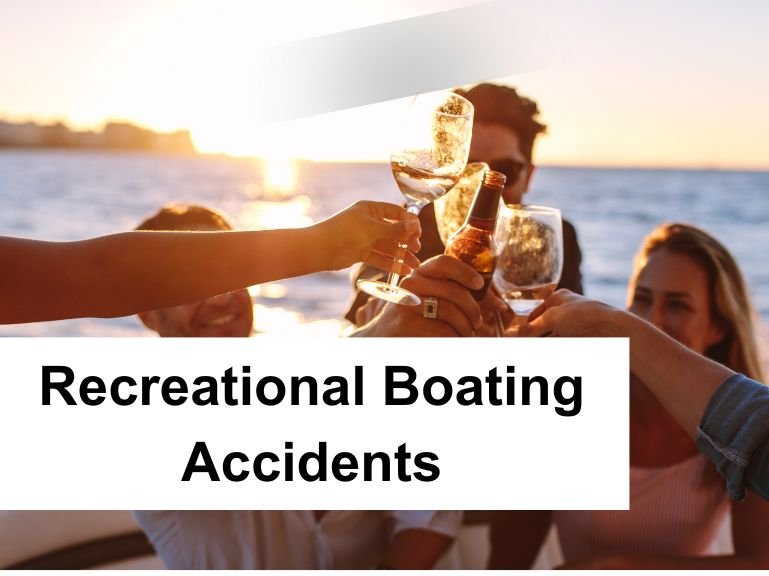Recreational Boating Accidents: Key Insights and Recommendations
The recreational boating scene is both a source of enjoyment and a setting for potential hazards. A comprehensive study conducted by the Pacific Institute for Research and Evaluation (PIRE), in collaboration with the United States Coast Guard (USCG), reveals critical insights into boating accidents, emphasizing the under-reporting of incidents and the role of alcohol.

The Scale of Under-Reporting
A significant finding of the PIRE study is the under-reporting of non-fatal boating accidents. In 2002, while BARD (Boating Accident Report Database) recorded 750 boating deaths, the actual number, considering under-reporting, was slightly higher. The discrepancy was even more pronounced in non-fatal injuries. For instance, BARD recorded 1752 hospital-admitted injuries in 2002, but the study estimated the actual figure to be around 2181, indicating a 20% under-reporting rate. For non-admitted injuries, the under-reporting was estimated to be much higher, suggesting a substantial margin of unrecorded incidents.
The Role of Alcohol
Alcohol and drug involvement in boating accidents is a critical safety issue. The study analyzed BARD data from 2002-2003 and suggested that at least 23% of fatalities and 9% of non-fatal injuries involved alcohol or drugs. These figures likely understate the actual contribution of alcohol/drugs due to various factors, including disincentives to report alcohol use in accidents.
Recommendations for Improvement
The study led to several recommendations aimed at enhancing the accuracy and usefulness of boating accident data. These include better training for law enforcement and analysts, revision of accident report forms, and research to estimate the utilization of different boat types. Additionally, addressing the under-reporting of accidents and improving economic data and methods to estimate the social costs of boating accidents are vital.
Conclusion
The PIRE study offers valuable insights into the nature and extent of recreational boating accidents, highlighting areas for improvement in data collection and reporting. Understanding these aspects is crucial for developing effective strategies to enhance boating safety and reduce accidents, ultimately contributing to a safer boating environment for all.
